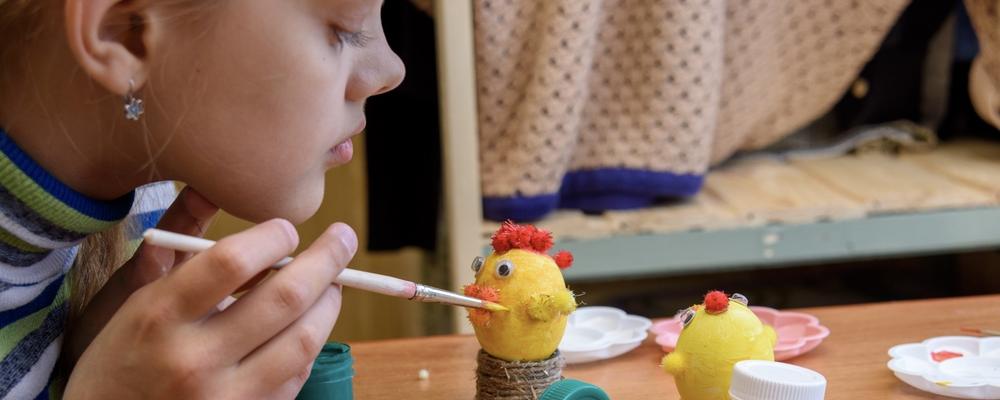“Considering that we celebrate Christmas throughout December, that’s a problem,” says Eva Reimers, a Professor of Educational Work who has a background as a religious education teacher herself. “After all, telling stories about religions isn’t dangerous. Knowledge about religions is also needed in order to understand the context that children and parents come from. That’s why religious studies should be included in preschool teacher education.”
According to the curriculum, preschool should “pass on and develop a cultural heritage from one generation to the next”. However, it says nothing about how to deal with religions or whether this is part of our cultural heritage, only that people must not be discriminated against on the basis of their religion.
Concern about explaining why festivals are celebrated
The research project began in 2015 with a survey of preschool teachers, which resulted in 1,167 responses from more than 460 different preschools. Eva Reimers and her fellow researchers then followed two preschools over the course of a year in connection with different holidays and traditions. At one of these preschools, the staff thought that the Easter story was too challenging for children, with Jesus dying on the cross.
“At the same time, three of the children were acting out the death and resurrection of Jesus in the next room. They’d heard this story somewhere else, and it wasn’t a problem for them.”
When it comes to new traditions in Sweden – such as Eid, which is observed at the end of Ramadan – these are mainly celebrated at preschools in areas where there are lots of children from other countries and with cultural backgrounds other than Swedish. In general, staff have no concerns about celebrating Christmas and Easter, but they do worry about telling children why these holidays are celebrated.
“In the case of Eid, some of them are concerned both about celebrating the holiday and, to an even greater extent, about explaining the background as they think it is incompatible with the fact that educational activities should be non-denominational, in other words that there should not be any elements that presuppose or intend to influence religious beliefs.”
Preschool can create a sense of belonging
The research team’s study shows that Christian traditions are not conveyed as religious but as Swedish traditions, while festivals such as Eid are seen as highly religious and Muslim, even though for most children and their families it is roughly as secular as Christmas is for many people in Sweden. Similarly, parents who belong to a religion other than Christian Lutheranism may consider certain activities to be extremely religious, even though preschool teachers do not see them as religious.
“Lucia is an example which can be seen as a Christian festival, even though it doesn’t have a particularly religious background. Some preschools deal with this by calling it a festival of light, and that works well.”
Introducing secular traditions is easier
As well as the Christian festivals of Christmas and Easter, many preschools also celebrate Valentine’s Day and Halloween. Valentine’s Day is often linked to values: that we should be nice to each other, and that we can love in many different ways. For example, the preschool where the researchers filmed talked about same-sex relationships.
“It seems to be easier for preschools to work with non-religious traditions such as Halloween, Valentine’s Day and not least Odd Socks Day, when children wear odd socks to highlight disabilities.”
Eva hopes that the team’s research will help preschool teachers to be more aware of what they are doing, and not to be so scared to talk about religion.
“Basically, it’s about the cultural heritage we want to pass on to and create with children.
It would be reasonable for there to be a cultural heritage of a multicultural Sweden where children gain an understanding that we live with different traditions and different ways of being, and that we can celebrate in different ways.”
Ragnhild Larsson
